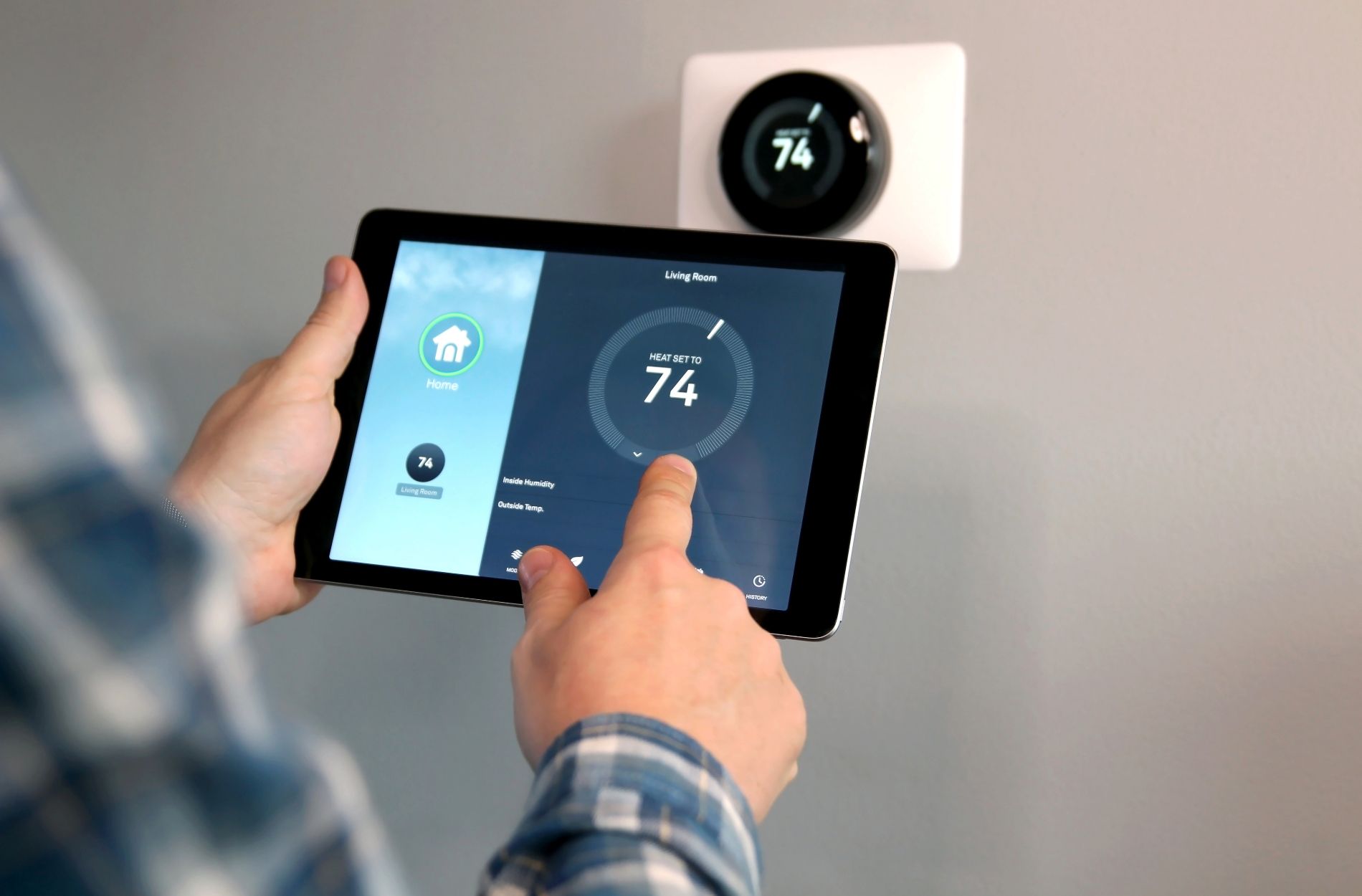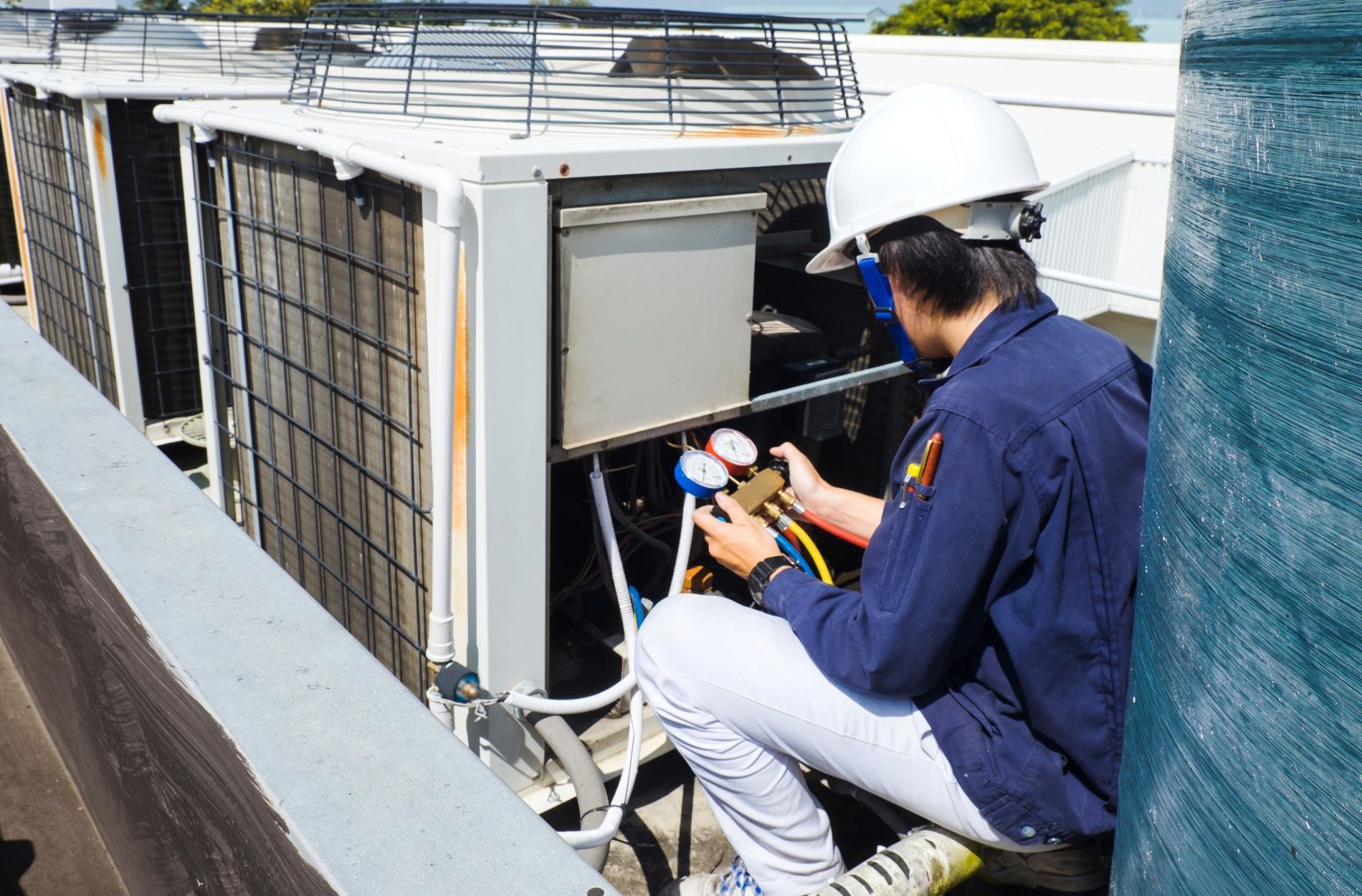Optimizing Your Home's HVAC System for Seasonal Transitions: Expert Tips
As temperatures fluctuate throughout the year, it's essential to optimize your home's HVAC system for effective and efficient heating and cooling performance during seasonal transitions. With proper preparation and maintenance, you can ensure that your system remains reliable and energy-efficient, regardless of weather conditions. Investing in these adjustments can lead to a comfortable living environment and help you save on energy bills.
At Anytime Heating & Air, we are committed to providing high-quality HVAC services that help our community keep their homes comfortable all year long. In this blog post, we will share expert tips and advice on optimizing your HVAC system for seasonal shifts, covering essential topics such as: system maintenance and inspection, thermostat settings, indoor air quality, and energy-saving strategies.
Throughout this article, we will guide you through the necessary steps to ensure your HVAC system delivers optimal comfort in each season. We aim to empower homeowners with the knowledge they need to make informed decisions about their home's heating and cooling systems, so they can enjoy a consistently comfortable living space.
Preparing for the Heating Season
As temperatures begin to drop, it's essential to prepare your HVAC system for the increased heating demand during the colder months. Consider these steps to ensure your system's optimal performance:
- Schedule a Furnace Inspection and Maintenance: Having a professional inspect your furnace and perform necessary maintenance before the heating season can help ensure its reliability, efficiency, and safety. This may include cleaning components, checking for gas leaks, and testing safety features.
- Seal Drafts and Insulate Your Home: Check your home for drafts and air leaks around windows, doors, and walls, and seal any gaps to prevent heat loss. Ensure proper insulation levels in your attic, walls, and floors to maintain indoor warmth.
- Replace or Clean Air Filters: Dirty filters restrict airflow, reduce energy efficiency, and decrease indoor air quality. Be sure to replace disposable filters or clean reusable ones at least once every three months during the heating season.
- Test Your Thermostat and Adjust Settings: Confirm that your thermostat is working correctly and programmed to heat your home efficiently. Consider setting it to lower temperatures when nobody is home or during nighttime to save energy.
Preparing for the Cooling Season
As the weather warms up, taking proactive steps to optimize your HVAC system for the cooling season can ensure your home remains comfortable during hot summer months:
- Schedule an Air Conditioner Inspection and Maintenance: Prioritize a professional inspection and maintenance of your air conditioner, including cleaning coils and fins, checking refrigerant levels, and ensuring that all electrical connections are secure.
- Clean or Replace Air Filters: Just like during the heating season, keeping air filters clean and well-maintained is essential for optimal cooling performance and indoor air quality.
- Optimize Air Circulation: Make sure vents and registers are free from obstruction to promote even airflow throughout your home. Utilize ceiling fans to help circulate cool air more effectively, potentially allowing you to raise your thermostat set point by several degrees.
- Invest in a Programmable Thermostat: A programmable thermostat allows you to schedule temperature changes during the day and night, saving energy and maintaining ideal comfort levels.
Maintaining Indoor Air Quality During Seasonal Transitions
Seasonal changes can also affect your home's indoor air quality. Implement these strategies to ensure healthy indoor air year-round:
- Ventilate: Ensure your home has proper ventilation to maintain fresh air circulation and control humidity levels. An energy recovery ventilator can help exchange stale indoor air with fresh outdoor air in an energy-efficient manner.
- Maintain Humidity: Controlling humidity levels in your home can help prevent mold growth, reduce allergens, and enhance overall comfort. A whole-home dehumidifier or humidifier can help maintain ideal humidity levels.
- Air Purification: Invest in air purifiers equipped with HEPA filters to remove allergens, dust, and other harmful pollutants from your indoor air, promoting a healthier living environment.
Energy-Saving Strategies for Seasonal Transitions
Adopting energy-saving strategies during transitional periods can maximize your HVAC system's efficiency and reduce energy costs. Consider these tips:
- Seal and Insulate: As mentioned earlier, ensuring proper insulation and sealing of drafts can help retain heat during winter and maintain cool air during summer, reducing energy consumption.
- Install Energy-Efficient Windows: Upgrading your windows to double or triple-pane models can help minimize heat transfer, further optimizing your HVAC system's performance.
- Utilize Smart Thermostats: Smart thermostats can learn your preferences, adjust settings automatically, and provide energy usage insights, helping you save on heating and cooling costs.
Trust Anytime Heating & Air for Seamless Seasonal Transitions
With proper preparation, maintenance, and energy-saving strategies, you can optimize your home's HVAC system for year-round comfort and efficiency. Trust the expert team at Anytime Heating & Air to guide you through seasonal transitions and provide professional services tailored to your unique needs.
Don't let seasonal transitions affect your home comfort. Contact Anytime Heating & Air, the
HVAC experts in Owensboro, to optimize your HVAC system and stay comfortable all year round. Our expert HVAC services ensure that your system is running smoothly and efficiently. Book your appointment today and experience the difference in your home comfort. Trust the HVAC experts in Owensboro, contact Anytime Heating & Air now.


